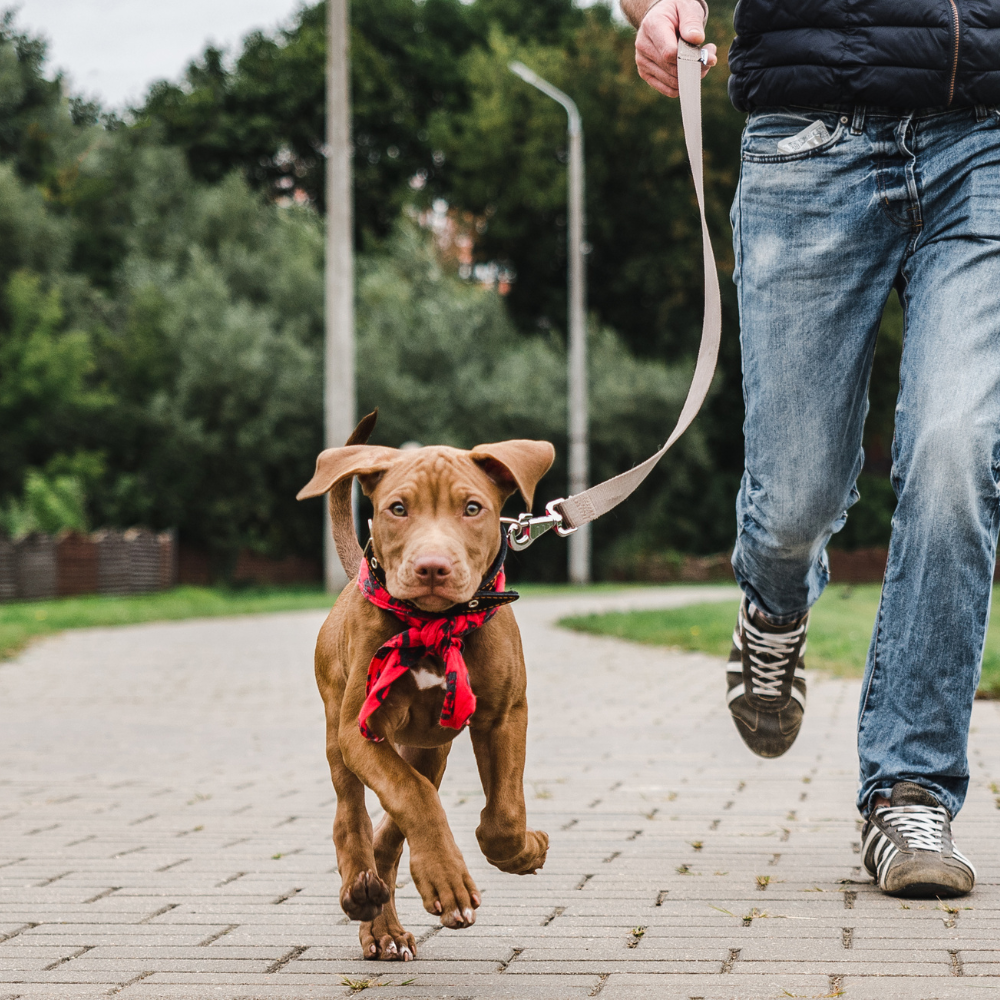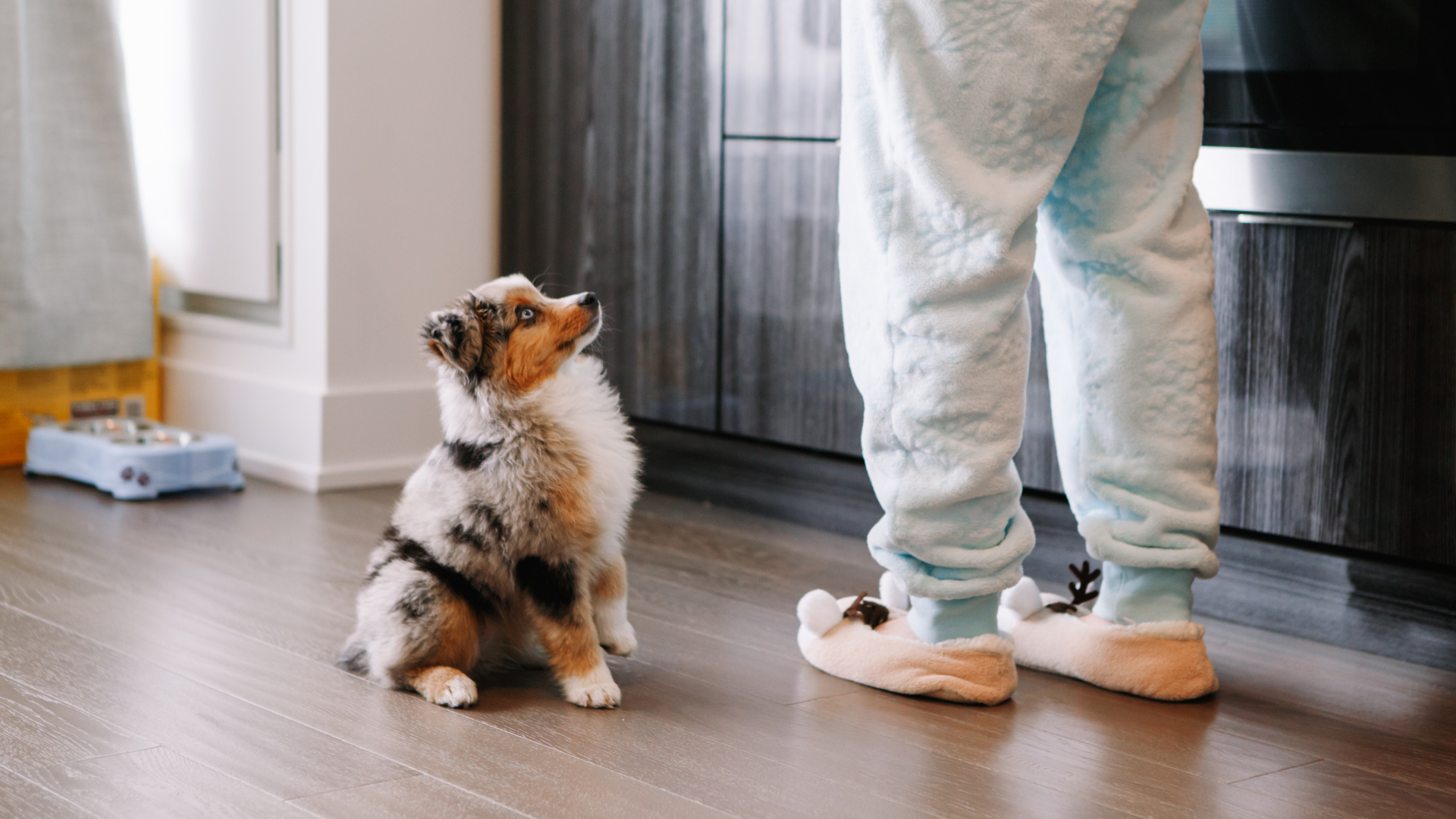Bringing a new dog or puppy into your home is an exciting and joyous occasion. The thought of a furry companion to share your days with can bring warmth to your heart. However, it’s important to remember that this new addition will require time, patience, and effort to adjust to their new environment. In this blog post, we will explore some of the common obstacles that dog owners face when bringing a new dog or puppy home and discuss effective strategies for overcoming them.
Obedience Training for Behavioral Issues
Behavioral issues can range from excessive barking, destructive chewing, aggression, separation anxiety, and more. These issues can be frustrating and sometimes even dangerous. Obedience training plays a crucial role in addressing and correcting these behavioral problems.
Firstly, obedience training provides a structured environment for your dog, establishing clear boundaries and expectations. Dogs, like humans, thrive on structure and routine. By consistently reinforcing obedience commands such as sit, stay, and leave it, your dog learns self-control and discipline. This helps alleviate behavioral issues stemming from a lack of impulse control.
Secondly, obedience training strengthens the bond between you and your dog. When your dog understands and responds to your commands, it builds trust and respect. This enhanced communication fosters a sense of security and reduces anxiety, leading to a calmer and more well-behaved dog overall.
Potty Training
Potty training is one of the first and most important aspects of bringing a new dog or puppy into your home. Accidents in the house can be frustrating and messy, but with consistent obedience training, you can effectively potty train your furry friend.
Obedience training teaches your dog to listen and follow your commands, including commands related to potty training. By establishing a routine and using positive reinforcement, you can train your dog to signal when they need to go outside or use a designated potty area. Through consistent training and praise for desired behavior, your dog will quickly learn where and when to relieve themselves, reducing accidents in the house.
Remember, potty training takes time and patience. Consistency is key, and obedience training helps create a structured environment where your dog understands the rules and expectations surrounding potty training.
No Manners and Lack of Socialization
Having a dog with no manners can make daily activities challenging and frustrating. From jumping on guests to pulling on the leash during walks, these manners can be corrected through obedience training.
Obedience training teaches your dog basic commands such as sit, stay, and down. These commands are not only important for behavior control but also for creating polite manners in various situations. For example, teaching your dog to sit and stay at the door instead of rushing out helps prevent door dashing and keeps your dog safe.
Additionally, obedience training provides opportunities for socialization. Socialization is crucial for dogs to learn how to interact with other dogs and people in a positive and appropriate manner. Through obedience training classes or controlled socialization activities, your dog can learn to be calm and well-behaved around others, reducing the risk of aggressive or fearful behavior.
Behaviors around Children and Other Animals
For families with children or other pets, it is essential to ensure that your dog behaves appropriately around them. Dog obedience training is instrumental in teaching your dog how to interact safely and respectfully with children and other animals.
Through obedience training, your dog learns commands such as “leave it” or “drop it,” which can prevent them from grabbing or biting toys or food from children or other animals. Teaching your dog to be gentle and calm around children is also crucial, and obedience training can help reinforce these behaviors.
Moreover, obedience training helps build your dog’s confidence and impulse control. This can be especially important when introducing them to new animals or children. By providing a solid foundation of obedience training, your dog will be better equipped to handle new and potentially challenging situations with ease and confidence.
Past Trauma (In Rescue and Shelter Dogs)
Rescue and shelter dogs often come with a history of past trauma, which can manifest in various ways, including fear, anxiety, and aggression. Obedience training can be a vital tool in helping these dogs overcome their past traumas and develop into well-adjusted and happy companions.
Obedience training provides structure, predictability, and positive reinforcement, which are essential for building trust and confidence in traumatized dogs. By focusing on building a strong foundation of basic obedience commands, you can help your rescue or shelter dog regain a sense of control and security.
Additionally, obedience training allows you to establish yourself as a calm and confident leader. This is particularly important for dogs who may have had negative experiences with humans in the past. By consistently providing clear commands and positive reinforcement, you can help your dog feel safe and secure, ultimately reducing fear-based behaviors.
It is important to note that training traumatized dogs may require additional patience, time, and the guidance of a professional trainer experienced in working with rescue and shelter dogs. However, with dedication and the right approach, obedience training can greatly improve the lives of these dogs and help them overcome their past traumas.
Overcoming Multiple Obstacles with Professional Dog Obedience Training
Bringing a new dog or puppy into your home can be a rewarding and fulfilling experience. While there may be obstacles to overcome, such as behavioral issues, potty training, lack of socialization, behaviors around children and other animals, and past trauma, with patience, consistency, and love, you can help your new furry friend adjust and thrive in their new environment. Remember, building a strong bond with your dog takes time, but the love and companionship they bring into your life make it all worthwhile. We can help you make the most of training at DeSanto’s Dogs. Contact us for information on professional dog training in Charlotte, NC and surrounding areas.






